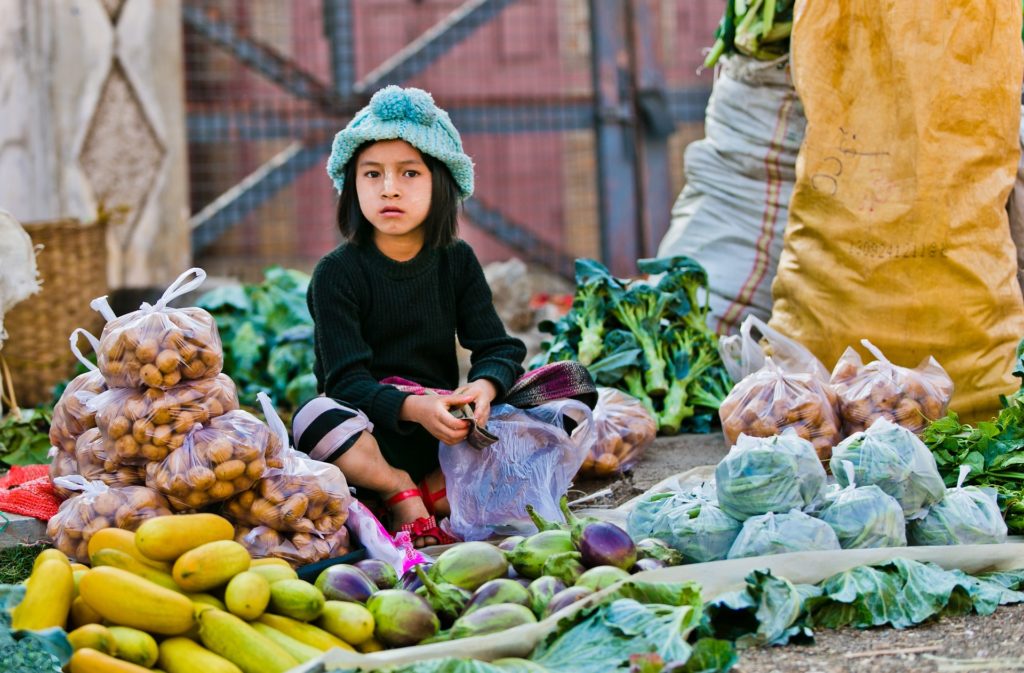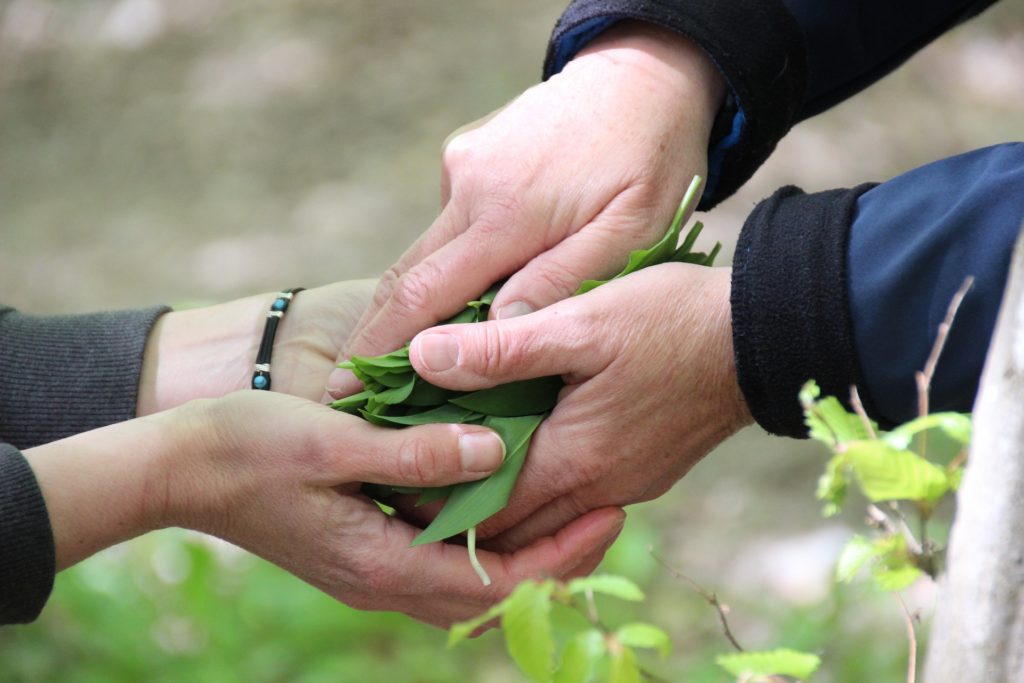The second decade of the new millennium started with the COVID-19 pandemic, putting every global citizen at risk. Then came the Russian invasion of Ukraine, followed by an economic recession making matters worse. As a result, the year 2022 reached record-breaking numbers of people suffering from hunger, acute hunger, malnutrition, limited access to food, livelihood disruptions, forced displacements and many more worldwide.
Coalitions for actions
The United Nations Food Systems Summit (UNFSS) 2021 coalitions’ formation is one of the largest and most significant global collective efforts aimed at the UN Sustainable Development Goals (UN SDGs) Agenda 2030. Each coalition includes various participants under four main parties: UN agencies, the private sector, civil society and academia. These coalitions can shed light on the world’s prevailing perilous and critical situation.
However, amongst all these coalitions, a few stood out and captured more attention than others. These coalitions represent some of the most game-changing areas in the food systems, which pave the way for many cross-scale efforts in food and nutrition security, poverty reduction and sustainable agriculture.
School Meals Coalition: Nutrition, Health and Education for Every Child aims to improve the quality and efficiency of nationally owned school meal programmes by ensuring every child has access to nutritious school meals through sustainable food systems. The coalition plans to focus more on the most vulnerable children in low and lower-middle-income countries while integrating local women entrepreneurs and smallholder farmers into the school meals supply system.
Strengthening school meal programmes today is an immensely productive investment for the future, as children are the world’s future. Especially in highly economically unstable global regions, initiating school meals is imperative to reduce severe health impacts of malnutrition like anaemia, stunting and wasting among children. Besides, incorporating local stakeholders of the agrifood system without gender segregation into school meal programmes creates occupational opportunities and income for local communities. Thus, providing school meals could significant uplift the agrifood market system within local economies, quality of education, gender empowerment, and health and social protection.
The Coalition for Aquatic / Blue Foods has two primary missions: to raise the profile of aquatic and blue foods in the food system context, and to mobilise support and cooperation for implementing sustainable blue food practices. The coalition further intends to fulfill people’s nutrition requirements, and elevate socio-economic prospects through blue food with a minimum impact on the environment.
Even though aquatic food is a nutrient-dense food produced worldwide, it is not equally distributed across the world due to economic, social, political, cultural and geographical diversities. For instance, most countries with larger economies have higher blue food consumption than economically vulnerable countries. In some communities, aquatic food is left out of diets due to certain cultural norms. Therefore, this coalition is essential to improve distribution equity and the significance of blue food in food practices, livelihoods and governance at local, national and international levels. On the other hand, besides many other causes, blue food production practices such as bottom trawling, catching excessive amounts of bycatch, and releasing harmful substances into water destructively impact freshwater and marine ecosystems. In such a situation, this coalition can contribute to restoring aquatic biodiversity, managing water resources and contributing to resilient and sustainable aquatic food systems.

Indigenous Peoples’ Food Systems Coalition encourages indigenous people’s leadership, participation and knowledge while strengthening policies to secure and promote their food systems locally and globally. Moreover, the coalition also prioritises ensuring seed security for indigenous people and capacity building on their food systems.
Indigenous people worldwide are among the least recognised, privileged and acclaimed communities. They are even deprived of having proper land titles, education, health and many other human rights. When the national and local authorities implement policies to increase mining and extraction of other forest resources as a solution to overcome the ongoing global financial crisis, indigenous communities are threatened even more. Thus, this is one of the most well-assembled efforts t to give voice and recognition to indigenous communities whose voice has been long under suppression by strengthening their contribution to global food systems.
Fighting Food Crises along the Humanitarian, Development and Peace Nexus coalition is linked to building resilience to vulnerabilities, shocks, and stresses. The coalition’s objectives are to enable structures favourable for resilient food systems while tackling prevailing humanitarian, financial, environmental and health crises.
In my view, this coalition is constructed to realise some of the most complex targets by dealing with several ongoing calamities and dilemmas in the world. Particularly military conflicts, climate change and poverty, are the driving factors of growing food insecurity, malnutrition and disruption of food systems. Thus, as much as this coalition’s goals seem overambitious to us, it is essential to reach them as soon as possible through such a collective effort.
For deep-rooted, constructive and sustainable transformations
Since September 2021, these four and other UNFSS coalitions have already started proceeding with their plans. However, it is yet too early to judge its success or failure, as it has been only one year. During that year, the world faced many unexpected circumstances, which aggravated the severe conditions. Moreover, the world consists of different actors with diverse objectives and needs. It can be exhausting for the coalitions to reach food system transformation targets while committing to all politically, economically, environmentally and socially inclusive local, national, regional and global decisions. Besides, implementing the plans and monitoring the processes at the grass root level despite the structural-institutional fragilities in society is even more challenging. Thus, the world needs to give coalitions more time to advance in their roadmap.
Nevertheless, although UNFSS was acclaimed for initiating a much-needed global discourse on food systems transformations, there were also criticisms for being less inclusive of small-scale stakeholders at the summit. To make UNFSS coalitions’ efforts feasible, it requires a more extensive scope of inclusiveness and contribution of local-level stakeholders of the power structures within food systems. Moreover, the implementation procedures also need to focus more on having a bottom-up approach, as it will be helpful to cater for the ones most in need. On the other hand, all the coalitions and their pathways can collaborate and align with each other even at the grassroot-level to avoid duplicating the efforts and outcomes of the coalitions. For instance, the school meal coalition and coalition for blue foods can integrate local-level efforts to improve children’s food and nutrition security.
Furthermore, the coalitions can expand the coordination between international and intranational actors and create more awareness on the objectives. Simultaneously, familiarising the process and strategies of coalitions with all the actors involved in different levels of food systems, and defining each one’s role in the structure are vital to bring a holistic view into the process and to leave no one behind while reaching the targets. I believe these few aspects will be significant for UNFSS coalitions to foster/accelaerate more deep-rooted, constructive and sustainable food system transformations by 2030.
This blog post is written by Anudini Wijayarathna, MSc, with a Major in Rural Development, SLU. The content is based on the coalitions of the United Nations Food Systems Summit (UNFSS) 2021,‘The People’s Plenary – Accelerating Action for the Future We Want’.
